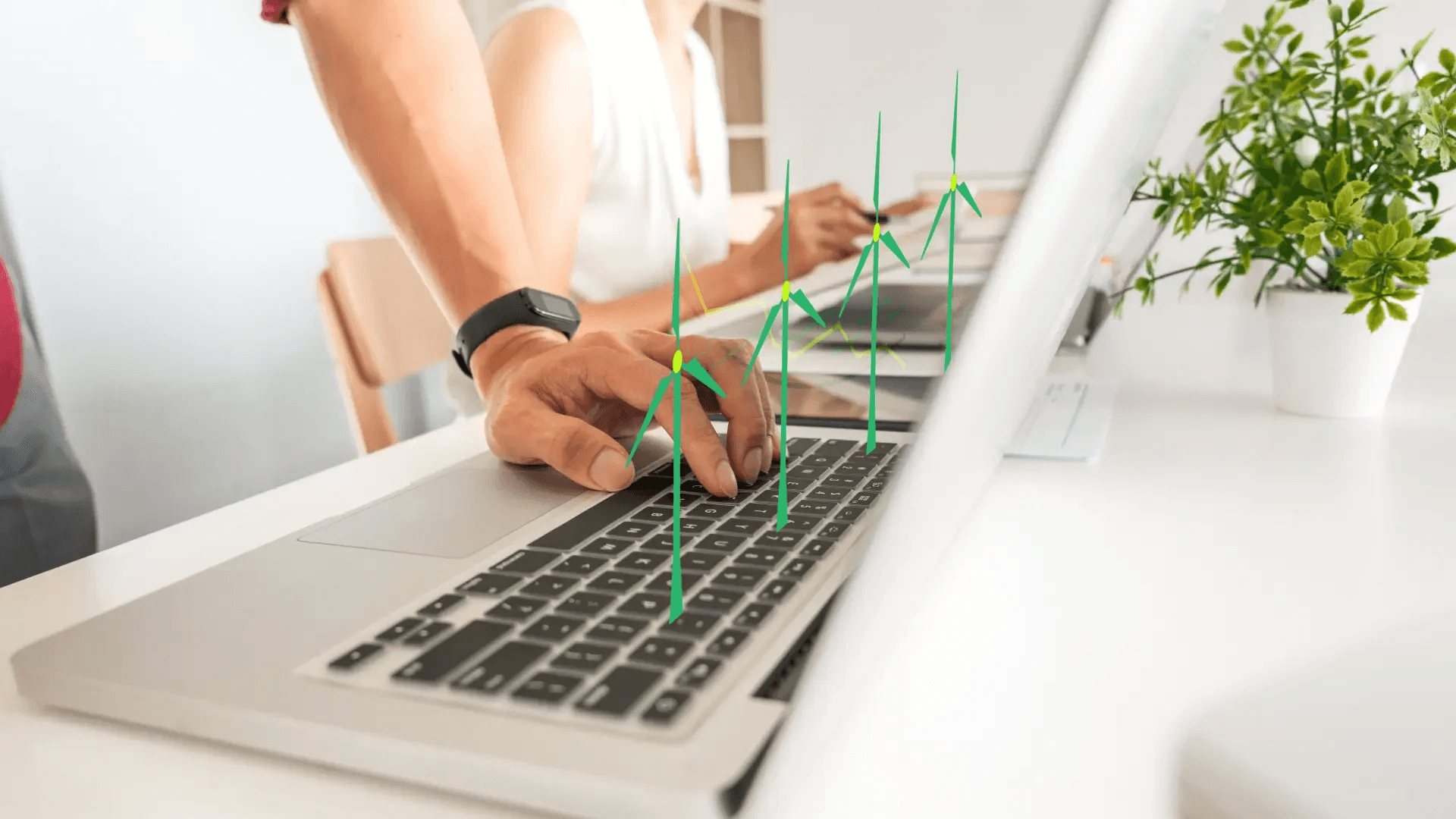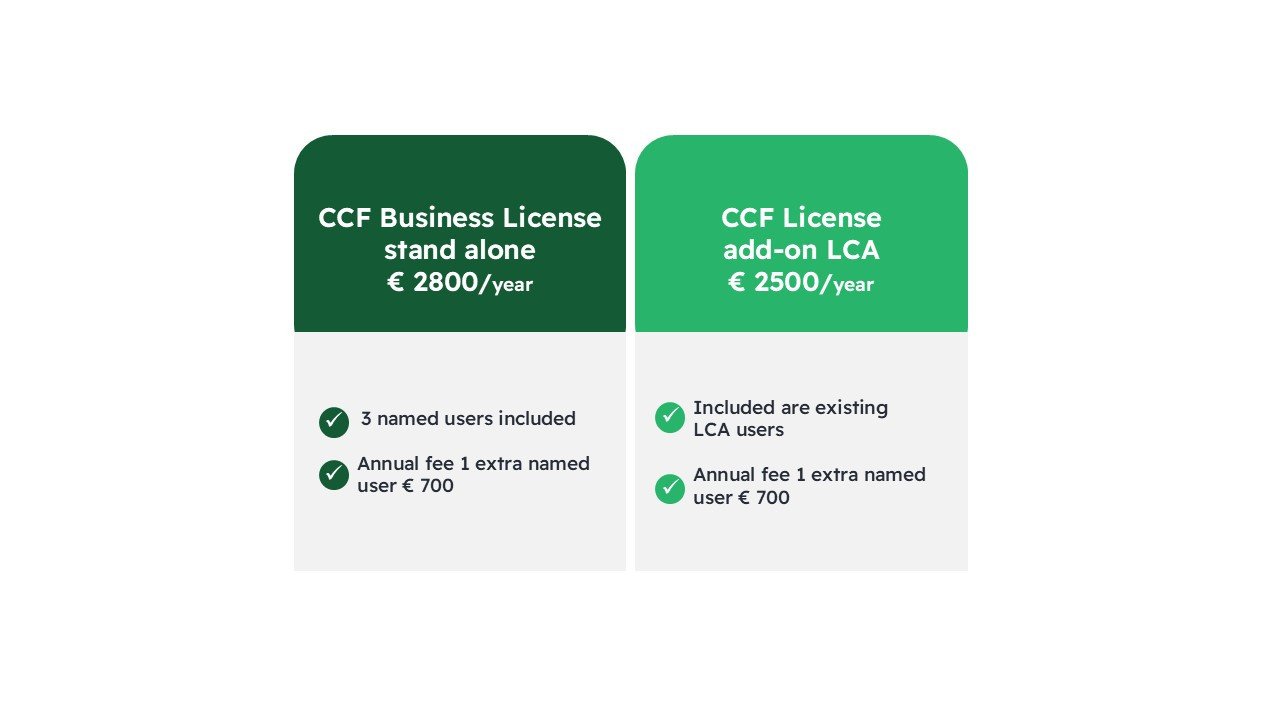
Making coporate carbon reporting easy
The new European Corporate Sustainability Reporting Directive (CSRD) requires organizations to collect, process, and publish huge amounts of environmental data and information. Reporting your Corporate Carbon Footprint (CCF) based on the ISO 14064 standards from the Greenhouse Gas (GHG) Protocol becomes mandatory. Not just on your own emissions (scope 1 and 2), but on your complete value chain as well (scope 3).



